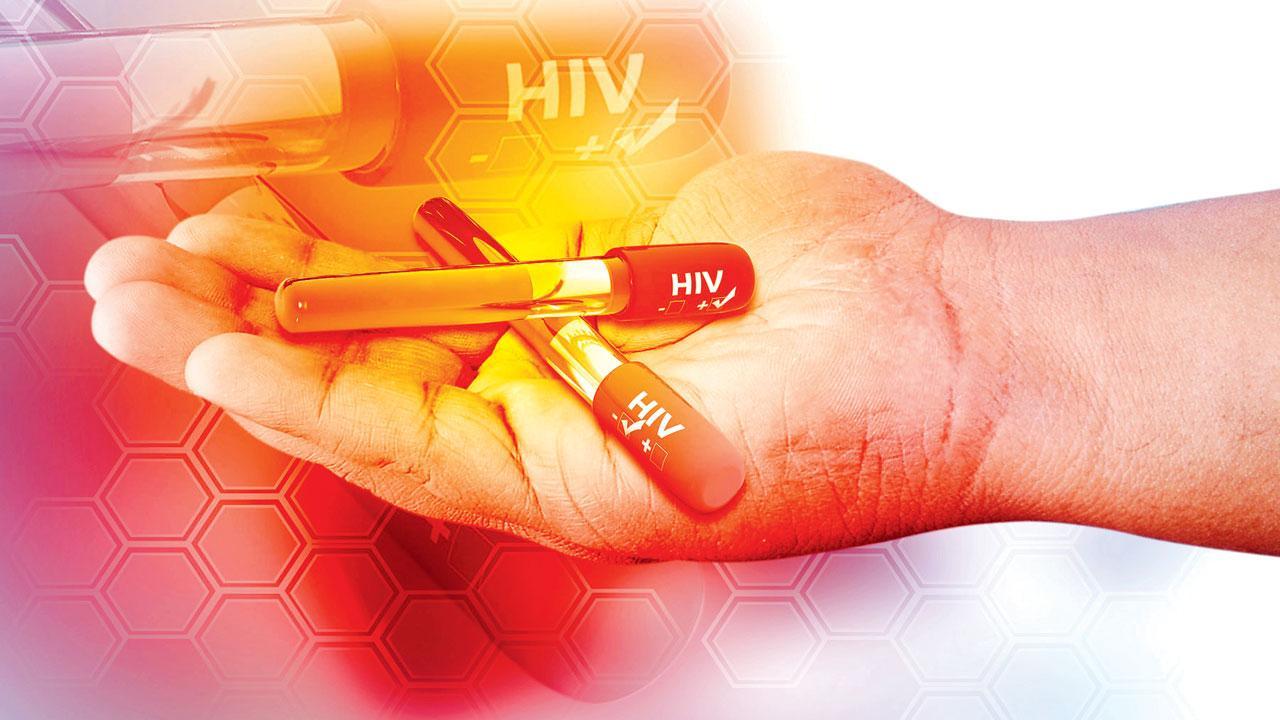State’s AIDS control society seeks to rationalise non-performing centres with low footfalls; health officials worried this may be part of central govt’s larger plan to close NACO, shift HIV control to state governments

ICTCs provide testing and counselling to HIV-positive patients, and TB referrals to all citizens. Representation Pic
Around 141 of the total 515 HIV Integrated Counselling and Testing Centres (ICTC) in Maharashtra have been identified as ‘non-performing centres’ and are at risk of closing down due to low footfall, officials told mid-day ahead of the World Aids Day on December 1. “These 141 centres are spread across Maharashtra including in areas like Thane and Pune,” said Dr Prasad Bhandari, who was the additional project director with Maharashtra State Aids Control Society (MSACS) until last week.
ADVERTISEMENT
Approximately 31 ICTCs were rationalised in 2022 in the state. Similar closures have occurred in different parts of the country, including Kerala, Tamil Nadu, and Punjab. In 2021-22, it is estimated that Maharashtra had 2,13,995 men and 1,80,083 women living with HIV, with close to 5,410 new patients every year. Meanwhile, ICTCs in Mumbai may not face the risk of closure as the city still has a significant number of people, estimated to be 40,000, living with HIV-AIDS.
Referrals for TB
Owing to their weakened immune system, tuberculosis is prevalent among HIV patients. Apart from testing and counselling, the ICTCs also play an important role in referring people with TB symptoms, irrespective of their HIV status, to the closest government-run TB diagnostic facilities. In 2021-22, about 9,56,666 individuals were referred by ICTCs to TB centres nationwide. Of these, only 1.29 per cent of patients were positive for HIV.
‘Efforts on to close NACO’
Officials from Maharashtra’s public health department told mid-day that cutting down on ICTCs is a part of the union health ministry’s efforts to close the National AIDS Control Organization (NACO) in the near future and transfer HIV control responsibilities to state governments. However, NACO Director Nidhi Keswani termed these to be only rumours. “These are routine activities as numbers have been going down; we are rationalising them,” Keswani said.
However, several state health officials said that little by little, NACO has been cutting down funds allocated to the states. Dr Kamlakar Phand, who was the additional project director of MSACS in 2016, said that this has been happening since 2016.
NACO supplies resources like testing kits and condoms to states, which distribute them to the ICTCs. State health officials said that there was a shortage of testing kits some time back, which has now been resolved. “But it has been almost a year that we have not received a supply of condoms from NACO,” officials said.
Keswani acknowledged the shortage of condoms and said that the state officials were asked to procure them at the local level. She added that the supplies are expected to be dispatched by next week.
Rationalising process
Of the 141 ICTCs, the MSACS is trying to save as many as possible from rationalisation, said Dr Bhandari. “We are trying to increase testing and outreach programmes and I am certain that out of the 141, only 30 to 40 will be rationalised,” he said.
The rationalisation is done to save resources as footfall is low. “Staff from ICTCs will likely be shifted to Antiretroviral Therapy (ART) centres,” Dr Bhandari said, adding that this is because the demand for HIV medicines has been increasing over the years as they have extended the lives of people living with HIV-AIDS. “We are liable to provide free-of-cost medicines to HIV patients till the end of their life and as the medications are making it possible for individuals to live longer, the demands at ART centres will only increase with time,” Dr Bhandari said.
Another official said that the process of rationalisation may also mean that multiple centres located at short distances from each other and having low footfalls may be merged into one.
 Subscribe today by clicking the link and stay updated with the latest news!" Click here!
Subscribe today by clicking the link and stay updated with the latest news!" Click here!









